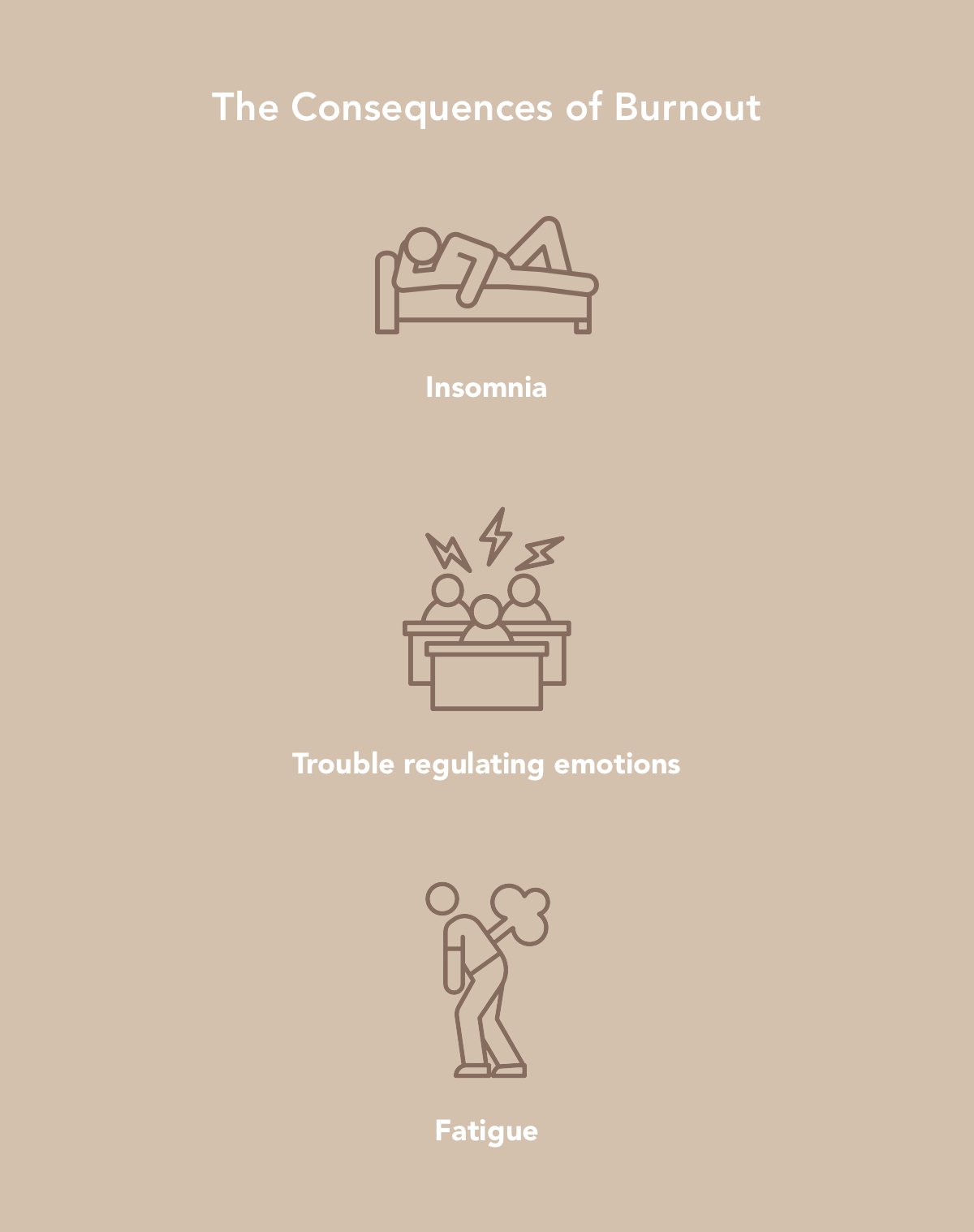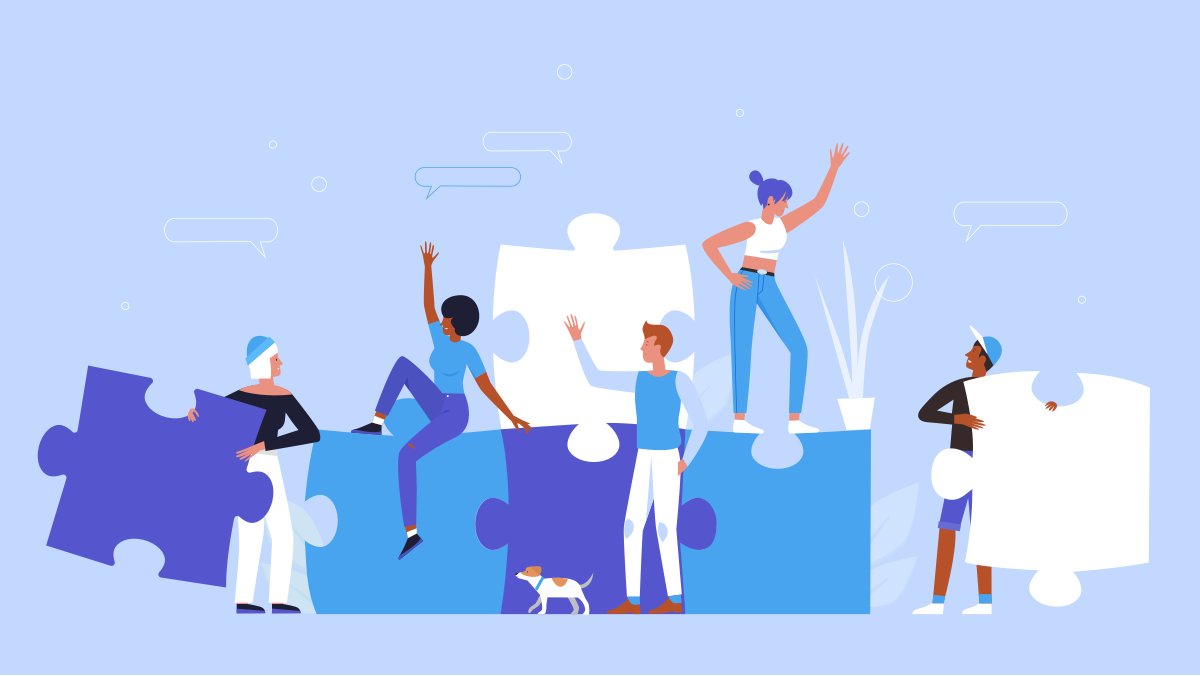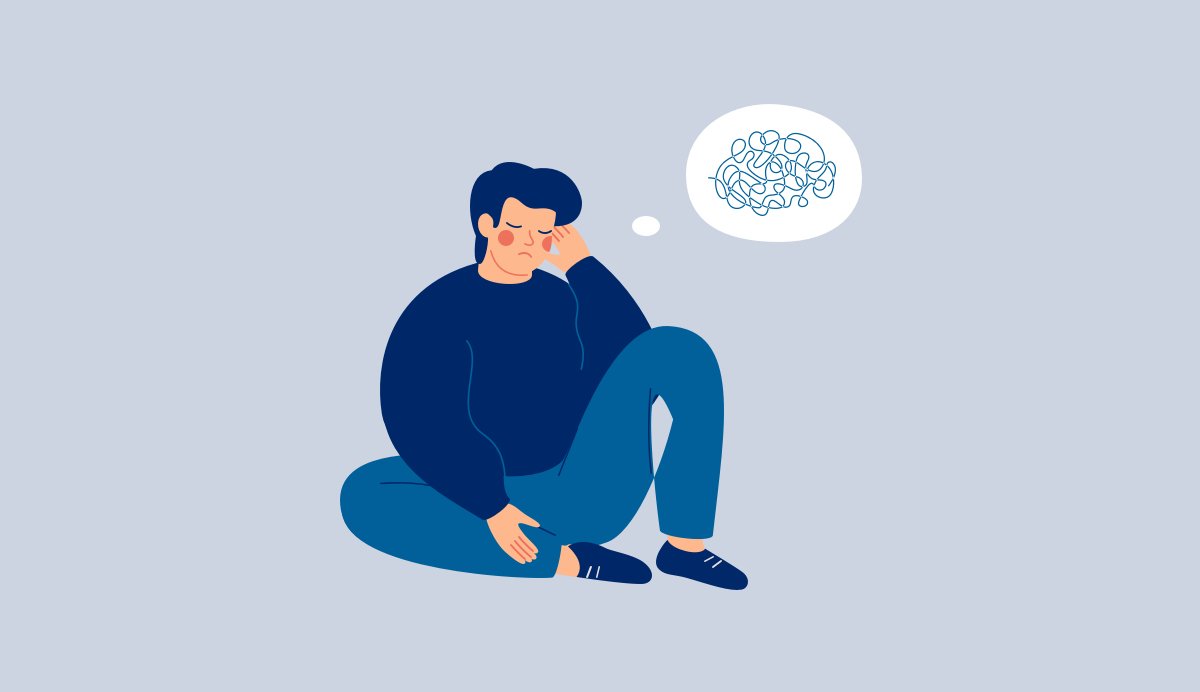Hello there,
Thank you for continuing to be a part of the Health Storylines community. Modern life can be stressful, there is always so much to get done and so little time to relax and take care of yourself.
On August 10th, we observe the World Day of Laziness. Yes, that’s right, a whole day dedicated to the importance of letting yourself exist without needing to be productive. Rest is important and doing so isn’t a bad thing. Taking time to recharge is important for both your physical and mental well-being.
Now let’s stop thinking about it… it’s time to just be lazy. Take some time to do nothing today in the name of self-care!
When you feel like you’re well-rested again, take some time to check out the “Mental Health” category in the new Health Tool Library to learn about some more tools that can help you better manage your mental health:






















